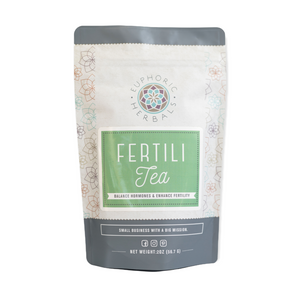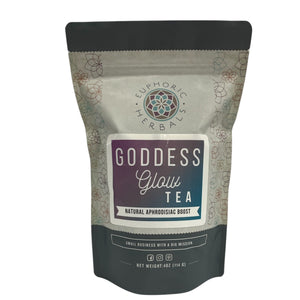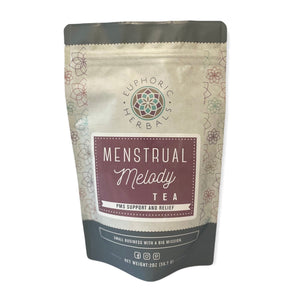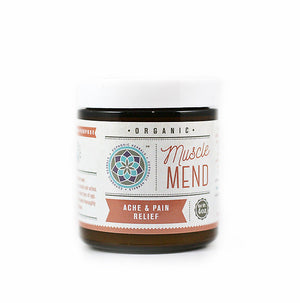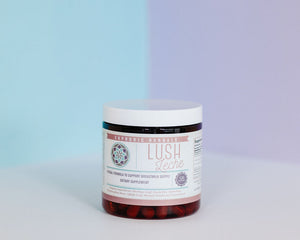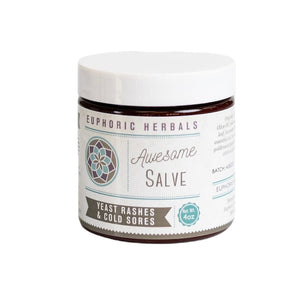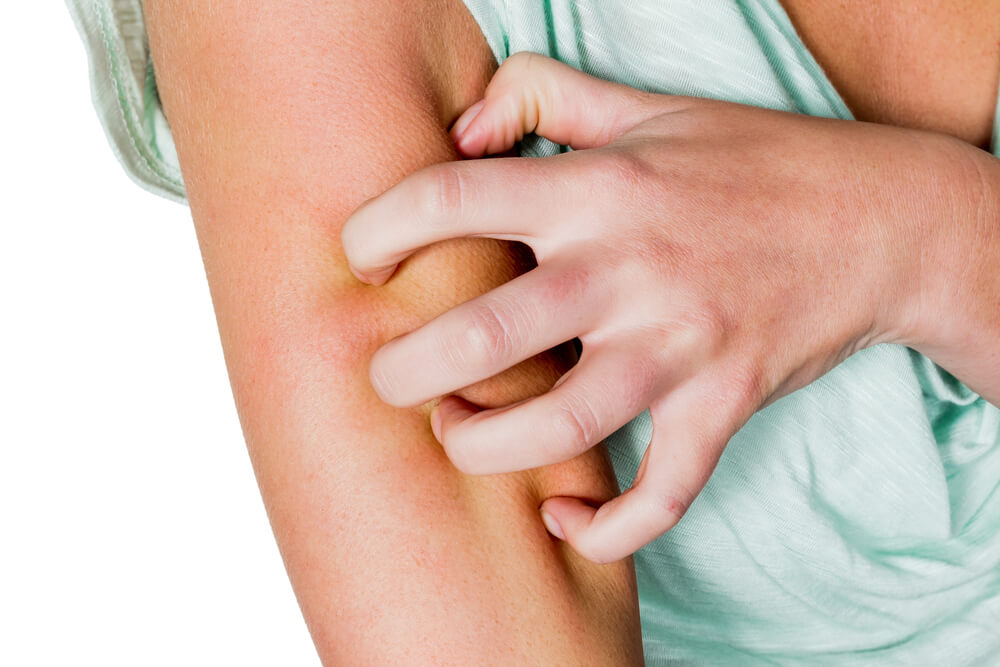Mosquitos and other biting pests are one of the downsides of summer and leave you with annoying, itchy bites that take forever to go away.
It's a little known fact but the itchiness and swelling of bug bites doesn't come from the bite itself. The anesthetic mosquitos and other insects inject into you is what causes the reaction, which is more likely to happen if you are allergic or sensitive to the "anesthesia".
This is why certain people seem to always get more bug bites than others. They're just more sensitive to bug chemicals.
Thankfully, nature has given us some powerful herbs and remedies that can ease the itch (and burn) of bug bites and even help them to go away more quickly. Some you may have on hand, while others are easy to grow or buy from an herbal shop.
Here's a look at the most effective natural options for pesky bites.
Top Herbs for Bug Bites
Plantain

Plantain leaves are an outstanding remedy for many types of skin complaints, including bug bites. This common herb has an anti-inflammatory and anti-itch nature that makes it soothing for itchy bites as well as stings. (1)
Plantain is also a drawing herb, which means it can help to draw the bug anesthetic and any infection out of a bite. This makes it useful for both soothing the itch and helping the bites to fade more quickly.
The fresh leaves are best for bites and can be found in most backyards and anywhere weeds grow. Simply mash up a leaf and place it on your bite, or mix it with clay and water to make a paste.
Calendula
Calendula is another herb with many benefits for skin and one of the top natural remedies for bug bites. It has antioxidant and anti-inflammatory properties that are soothing for irritated and itchy skin. (2)
Another beneficial property of calendula is that it helps skin and wounds to heal more quickly, which may help bites to fade away.
Calendula is best used as a salve applied to bug bites daily.
Comfrey
Comfrey is yet another plant with a long history of skin healing benefits. It contains a plant compound known as allantoin that promotes skin repair and can also soothe the itch by acting as a demulcent. (3)
An added bonus is that comfrey can relieve pain and inflammation, too, which makes it useful for stings as well as bites. (4)
Use the fresh leaves as a poultice if you have access to them, or look for a salve made with comfrey. This Super Salve combines the power of comfrey, plantain, and calendula to soothe itchy or burning bites.
Witch Hazel

Witch hazel is a great natural acne remedy, but it can also be useful for the swelling, irritation, and itchiness of bug bites. It has natural anti-inflammatory properties and contains tannins that help to tone skin. (5)
To use it, put a little witch hazel extract on a cotton ball and dab it on your bug bites. Or mix it with enough baking soda to form a paste and apply as a "poultice" (especially good for stings).
Yarrow
Yarrow is another classic skin-aiding herb. It's most powerful use is to stop bleeding and help wounds to heal, but it can also be used for the pain and swelling of certain types of bug bites. (6)
Yarrow works well when combined with other natural remedies for bug bites, like plantain. The fresh leaves can be mashed to make a poultice, or you can add a little water to the dried herb to make a paste.
Chamomile
Chamomile is a known skin soother and has anti-inflammatory properties that can help calm the itch of bug bites. It also has a pain-relieving effect on skin irritation and may help swelling go down as well. (7)
You can make a chamomile tea and dab it on bug bites or make it into an herbal bath tea and soak all your skin at once.
Keep in mind that some people are allergic to chamomile, so do a small patch test on healthy skin before applying to your bites.
Peppermint
Peppermint leaves can be helpful for bug bites because they have a cooling sensation that can relieve itchiness when applied to skin. This cooling nature comes from the menthol found in the leaves, which also has pain-relieving properties.
Peppermint essential oil has been proven to bring relief to itchy skin as well as the leaves (just dilute before using). (8)
To use the fresh leaves, simply crush a few and apply to your bug bites until the itch starts to fade.
Other Natural Remedies for Bug Bites
Oatmeal Bath

Oatmeal is known to provide relief for itchy skin, mainly due to specific compounds called avenanthramides found in oats that are anti-inflammatory, anti-itch, and anti-irritant. (9)
If you have a lot of bug bites, one of your best options is to simply take an oatmeal bath so you can deal with them all at once. Use ground oatmeal in a nylon or muslin bag and warm (not super hot) water.
Baking Soda
Baking soda is a quick remedy that can be useful for stings as well as bug bites. It neutralizes the acidity of a sting (particularly bee stings) and helps to reduce swelling and itchiness.
To use baking soda, simply make a paste with a little water and apply it to bites/stings. Too much baking soda can irritate or dry out skin, so switch to an herb like plantain if your skin starts feeling scratchy.
Aloe Vera
Aloe vera is a familiar remedy for sunburn and other skin issues and can also be useful for helping your bug bites to shrink and heal.
It may not be effective as other remedies for the itchiness (although some people have good success with it), but its anti-inflammatory nature calms swelling and soothes any burning sensations. (10)
Just dab a little bit of aloe gel from a tube on your bites or use it fresh if you have a plant in your house.
Apple Cider Vinegar

Apple cider vinegar has so many uses it's hard to keep track of them all. When it comes to bug bites, the acidity of the vinegar can help to relieve the itch and also naturally disinfects the area. (11)
Simply dab raw vinegar on your bug bites or add about 2 cups of it to a warm (not hot) bath and soak for a while.
Bentonite Clay
Bentonite clay can be extremely helpful for bug bites because of its drawing properties that help to pull the bug anesthetic and any other toxins out of your skin. This reduces itching and helps the bites to clear up more quickly.
You can simply mix it with water to make a paste or use it with other remedies for bug bites like vinegar, essential oils, and herbs.
Cold Tea Bag
Both green and black teas naturally contain tannins that have astringent properties and can be soothing for itchy or irritated skin. They may also help to draw toxins out but won't be as strong as plantain or clay.
To use this remedy, steep a tea bag in water, then refrigerate it before applying to your bite (the cold also helps any itchiness). This will give you short-term relief, so add in an herbal salve for long-term healing.
Essential Oils
Essential oils can be very helpful for bug bites because they contain similar plant compounds to herbs but in a concentrated form.
Peppermint and lavender are great for easing itchiness and irritation. Clove oil has a numbing effect, which can be helpful for either pain or itching. Tea tree is also great for skin ailments and is antimicrobial, too.
Of course, be sure to dilute essential oil before applying them or use them in a salve.
Get Relief from Bug Bites Naturally
There are many ways to relieve the itch and sting of bug bites without using OTC remedies. Of course, if you have a severe bite or one that gets infected, you should seek medical attention.
Otherwise, use some tried and tested herbs, essential oils, clay, etc. the next time the bugs get you!
Disclaimer: This post is for informational purposes only. It does not constitute medical advice and should not be substituted for medical advice. Please consult your health care provider, herbalist, midwife, or naturopathic physician before taking herbs, supplements, etc. Here's the link to our full disclaimer.






















































